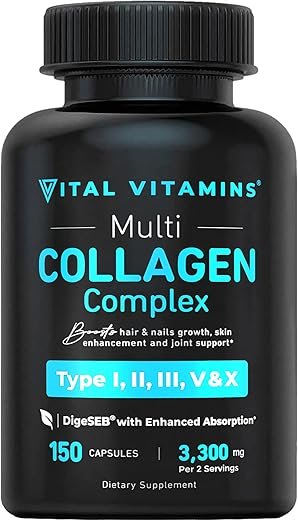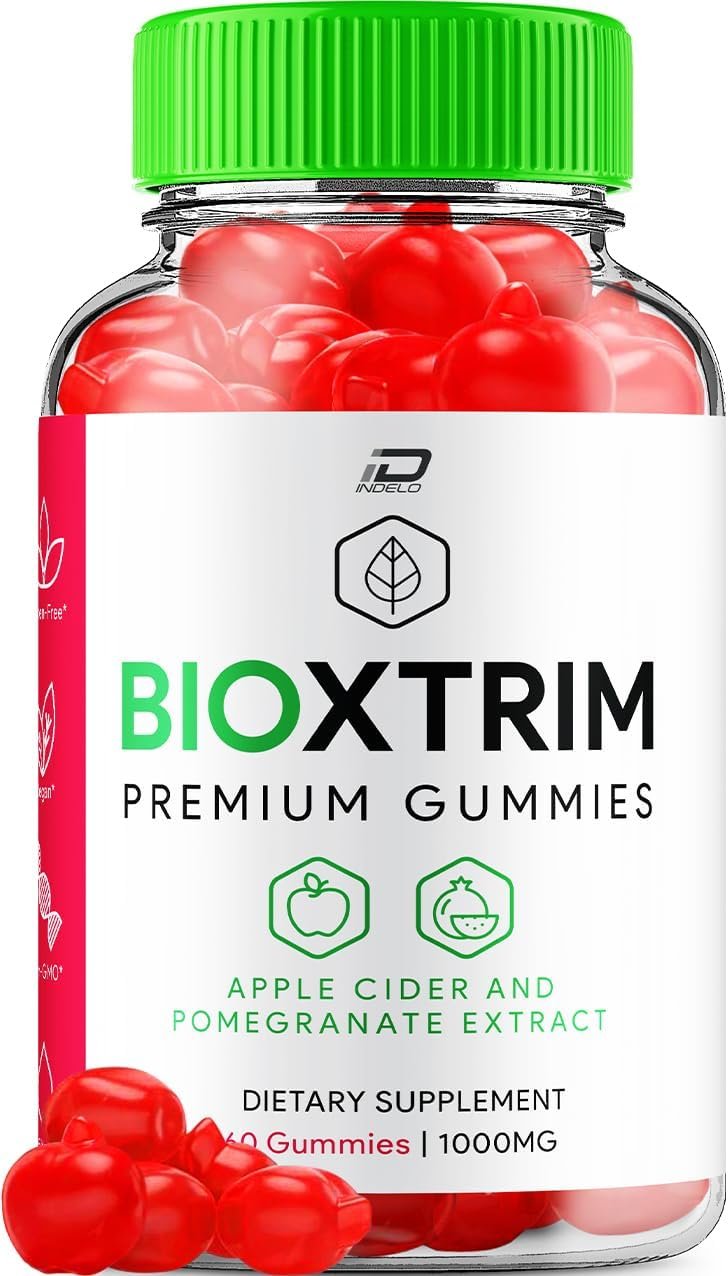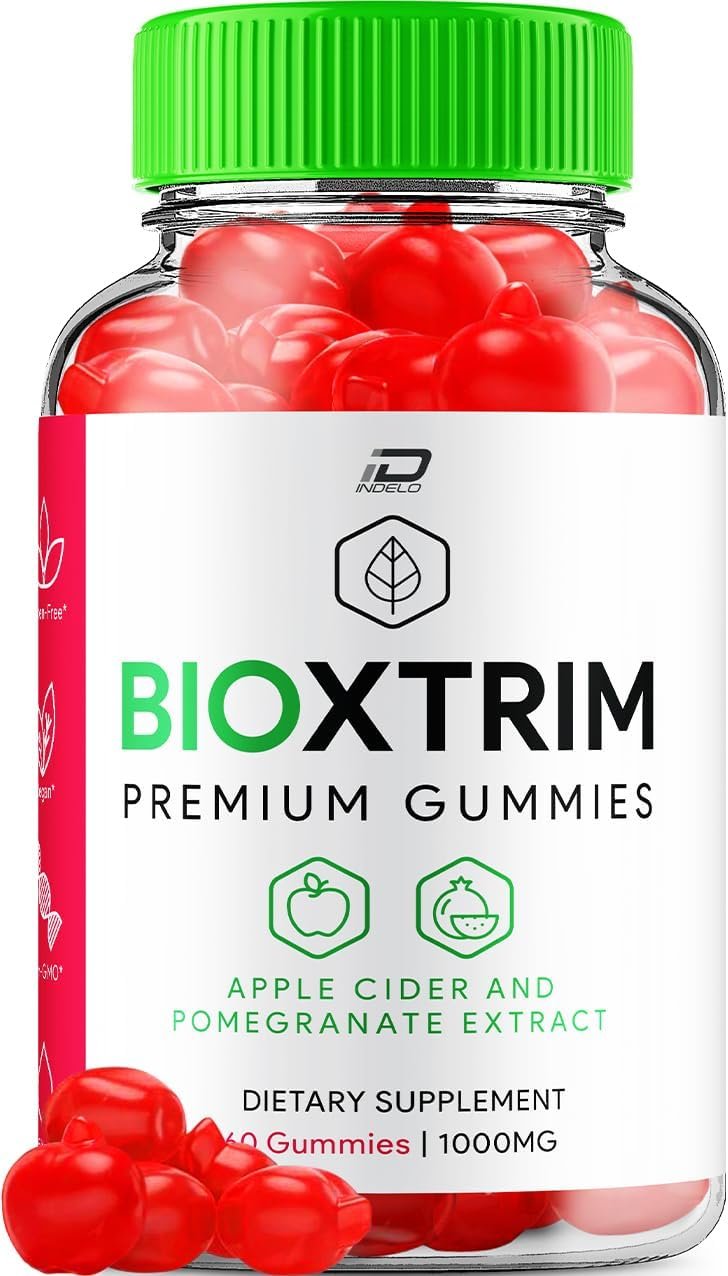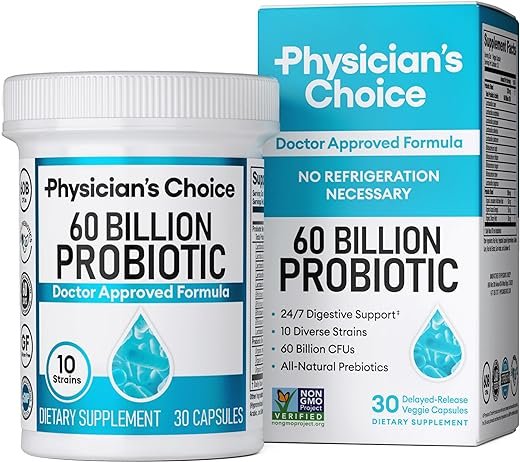Vegetarian Collagen Alternatives
As someone who cares deeply about both personal health and the well-being of our planet, I understand the struggle of wanting to maintain radiant skin while adhering to a vegetarian or vegan lifestyle. The quest for collagen, a protein synonymous with youthful skin and vitality, can often feel daunting when most sources are animal-based. But fear not! In this post, I’ll delve into a variety of vegetarian collagen alternatives that not only support skin health but also align with your ethical choices. Together, we can discover effective ways to nourish our bodies and embrace our values, all while keeping our skin glowing and vibrant.
Top 3 Plant-Based Collagen Sources
What is Collagen and Why is it Important?
Defining Collagen
Collagen is a vital protein that serves as one of the main building blocks for our skin, bones, muscles, tendons, and ligaments. It accounts for approximately 30% of the body’s total protein content, providing structure and support to various tissues. Think of collagen as the glue that holds everything together, giving skin its elasticity and firmness while also ensuring that joints function smoothly.
The Role of Collagen in the Body
Collagen plays several key roles in maintaining overall health:
- Skin Health: Collagen is crucial for skin elasticity and hydration. It helps prevent sagging and the formation of wrinkles, contributing to a youthful appearance.
- Joint Support: Acts as a cushion for joints, reducing the risk of injury and improving mobility. This is particularly important for athletes or individuals engaged in physical activities.
- Bone Strength: Collagen provides structural support to bones, which is essential for maintaining their strength and integrity.
- Muscle Mass: It aids in muscle formation and recovery, making it an important factor for those who engage in strength training or physical rehabilitation.
The Decline of Natural Collagen Production
As we age, our natural collagen production begins to decline, typically starting in our late 20s. By the age of 40, our bodies may produce about 25% less collagen than they did in our youth. This reduction can lead to noticeable changes in appearance and overall health:
- Skin: Reduced collagen can result in fine lines, wrinkles, and sagging skin, making individuals look older than they feel.
- Joints: A decrease in collagen can lead to joint discomfort and stiffness, particularly for those with an active lifestyle or previous injuries.
- Bone Density: Over time, lower collagen levels can contribute to weaker bones, increasing the risk of fractures or osteoporosis.
Why People Turn to Collagen Supplements
Given the decline in natural collagen production and its significant role in various bodily functions, many individuals are turning to collagen supplements to help counteract these effects. Here are some reasons why collagen supplements have gained popularity:
- Convenience: Collagen supplements come in various forms, including powders, capsules, and drinks, making it easy to incorporate them into daily routines. For example, Vital Proteins Collagen Peptides is a popular powder that can be added to smoothies, coffee, or oatmeal.
- Targeted Benefits: Different products often highlight specific benefits. For instance, Sports Research Collagen Peptides focuses on joint health and recovery, while Neocell Super Collagen is marketed for skin health and elasticity.
- Enhanced Absorption: Many collagen supplements are hydrolyzed, meaning they are broken down into smaller peptides for better absorption in the body. This can lead to quicker and more effective results.
Practical Examples of Collagen Products
To give you an idea of what’s available on the market, here are some top-rated collagen supplements:
| Product Name | Form | Key Benefits | Price Range |
|---|---|---|---|
| Vital Proteins Collagen Peptides | Powder | Skin health, joint support | $25 – $40 |
| Sports Research Collagen Peptides | Powder | Joint recovery, muscle support | $20 – $30 |
| Neocell Super Collagen | Tablets | Skin elasticity, hair and nails | $15 – $25 |
| Garden of Life Grass-Fed Collagen | Powder | Digestive health, skin support | $30 – $50 |
Benefits of Collagen Supplements
- Improved Skin Hydration: Studies show that collagen supplementation can increase skin hydration and elasticity, helping to reduce the appearance of wrinkles.
- Joint Pain Relief: Regular intake may alleviate joint pain and improve overall joint function, particularly beneficial for athletes and older adults.
- Increased Muscle Mass: Collagen supplements can support muscle growth, especially when combined with resistance training.
By understanding what collagen is, its role in our body, and how supplements can help, individuals can make informed decisions about incorporating collagen into their daily routines for better skin health and overall well-being.
Vegetarian Sources of Collagen Alternatives
As more people adopt vegetarian and vegan lifestyles, the demand for plant-based sources of nutrition that support collagen production has surged. Collagen, the protein that helps maintain skin elasticity, joint health, and overall bodily structure, can be boosted through certain vegetarian ingredients. In this section, we’ll explore some of these powerful sources and how they can be seamlessly integrated into your diet.
Spirulina: The Nutrient Powerhouse
What is Spirulina?
Spirulina is a blue-green algae that is rich in proteins, vitamins, and minerals. It contains amino acids, which are the building blocks of collagen. Spirulina is also high in antioxidants, particularly phycocyanin, which can help protect collagen in the body from damage.
How to Use Spirulina:
- Smoothies: Add one to two teaspoons of spirulina powder to your morning smoothie for a nutrient boost.
- Energy Bars: Look for brands like Raw Revolution or Nutritional Booster that offer bars containing spirulina.
- Soups: Stir in spirulina powder into soups or broths for added nutrition without altering the flavor significantly.
Pea Protein: A Versatile Alternative
Understanding Pea Protein
Pea protein is derived from yellow split peas and is an excellent source of protein for vegetarians. It contains essential amino acids that support collagen production, particularly arginine and glycine.
How to Incorporate Pea Protein:
- Protein Shakes: Opt for brands like Orgain Organic Protein or Vega Protein and blend them with your favorite plant milk and fruits.
- Baking: Use pea protein powder in muffins or pancakes to increase their protein content. Brands like Bob’s Red Mill offer high-quality pea protein powder.
- Soups and Stews: Add pea protein to your homemade soups or stews for an extra protein punch.
Fruits and Vegetables High in Vitamin C
Vitamin C is crucial for collagen synthesis. Including fruits and vegetables rich in this vitamin can significantly enhance your body’s collagen production.
Top Vitamin C-Rich Options:
- Citrus Fruits: Oranges, grapefruits, and lemons are excellent sources. Brands like Sunkist provide a wide variety of fresh citrus fruits.
- Berries: Strawberries, blueberries, and raspberries are packed with antioxidants and vitamin C. Look for organic options from Driscoll’s.
- Bell Peppers: Red bell peppers are incredibly high in vitamin C, even more than oranges. Try products from NatureSweet for a flavorful addition to salads and dishes.
- Dark Leafy Greens: Kale and spinach are not only high in vitamin C but also contain important nutrients for overall health. Choose organic brands like Earthbound Farm for the freshest greens.
Antioxidant-Rich Ingredients
Antioxidants play a key role in protecting collagen from oxidative stress. Incorporating foods rich in antioxidants can be beneficial for collagen maintenance.
Key Antioxidant Sources:
- Nuts and Seeds: Walnuts and chia seeds are rich in omega-3 fatty acids and antioxidants. Look for Blue Diamond Almonds for high-quality nuts.
- Dark Chocolate: Opt for dark chocolate with at least 70% cocoa content, such as Green & Black’s Organic Dark Chocolate, which is rich in flavonoids that help protect collagen.
- Green Tea: Rich in antioxidants, green tea can help maintain collagen levels. Brands like Harney & Sons offer a variety of high-quality green teas.
Practical Tips to Boost Collagen Production
- Start Your Day Right: Incorporate a smoothie with spirulina and berries for breakfast.
- Snack Smart: Munch on a handful of walnuts and dark chocolate squares during the day.
- Dine with Nutrients: Create a colorful salad with bell peppers, dark leafy greens, and a sprinkle of pea protein.
- Stay Hydrated: Drink herbal teas, especially green tea, throughout the day.
Summary of Vegetarian Sources of Collagen Alternatives
| Source | Key Nutrients | Suggested Use |
|---|---|---|
| Spirulina | Amino acids, antioxidants | Smoothies, energy bars |
| Pea Protein | Essential amino acids | Protein shakes, baking |
| Citrus Fruits | High in Vitamin C | Snacks, juices |
| Berries | Antioxidants, Vitamin C | Snacks, smoothies |
| Bell Peppers | High in Vitamin C | Salads, stir-fries |
| Nuts & Seeds | Omega-3 fatty acids, antioxidants | Snacks, smoothies |
| Dark Chocolate | Flavonoids, antioxidants | Snacks, desserts |
| Green Tea | Antioxidants, polyphenols | Beverages |
By incorporating these vegetarian sources of collagen alternatives into your diet, you can naturally enhance your body’s collagen production while enjoying a variety of delicious foods.
Popular Plant-Based Collagen Supplements
As the demand for plant-based alternatives grows, more brands are offering collagen supplements derived from vegetarian sources. While traditional collagen supplements are typically sourced from animal products, plant-based options use a blend of ingredients aimed at supporting the body’s natural collagen production. In this section, we will explore popular plant-based collagen supplements, break down their ingredients and benefits, and compare them to traditional options.
Understanding Plant-Based Collagen Supplements
Plant-based collagen supplements do not contain collagen in the same way that animal-derived supplements do. Instead, they provide the nutrients that promote collagen production in the body. These supplements usually include ingredients rich in amino acids, vitamins, and minerals that support skin health, joint function, and overall wellness.
Key Ingredients to Look For
When selecting a plant-based collagen supplement, it’s essential to consider the ingredients that contribute to collagen synthesis. Here are some common components to look for:
- Vitamins C and E: Essential for collagen production and skin elasticity.
- Amino Acids: Glycine, proline, and hydroxyproline are crucial for collagen synthesis.
- Hyaluronic Acid: Helps retain moisture in the skin.
- Silica: Supports connective tissue and skin health.
- Antioxidants: Protect skin cells from damage and promote overall skin health.
Popular Brands and Products
Here’s a closer look at some of the most popular plant-based collagen supplements available:
1. Garden of Life Organic Plant Collagen Builder
- Ingredients: A blend of organic whole foods, including pumpkin seeds, pomegranate, and turmeric, along with vitamins C and E.
- Benefits:
- Supports natural collagen production.
- Contains antioxidants that promote skin health.
- Non-GMO and gluten-free.
2. Vital Proteins Collagen Beauty Glow
- Ingredients: While primarily known for its animal-based collagen, this product includes plant-based ingredients like hyaluronic acid and probiotics.
- Benefits:
- Promotes hydration and elasticity.
- Supports gut health, which is important for skin health.
3. Sunwarrior Collagen Building Protein Peptides
- Ingredients: A blend of brown rice protein, pea protein, and other plant-derived amino acids.
- Benefits:
- Vegan-friendly and gluten-free.
- Supports muscle recovery and skin elasticity.
4. Botanic Choice Plant-Based Collagen
- Ingredients: Features a mix of vitamins C and E, biotin, and silica derived from natural sources.
- Benefits:
- Promotes skin hydration and elasticity.
- Supports hair and nail health.
Comparison to Traditional Collagen Supplements
To clearly illustrate the differences between plant-based and traditional collagen supplements, here’s a comparison table:
| Feature | Plant-Based Collagen Supplements | Traditional Collagen Supplements |
|---|---|---|
| Source | Plant-derived ingredients | Animal sources (bovine, marine, etc.) |
| Collagen Content | No direct collagen; supports production | Direct source of collagen |
| Amino Acids | Rich in amino acids for synthesis | Contains collagen peptides directly |
| Nutritional Profile | Often includes vitamins and antioxidants | May contain additional minerals |
| Dietary Restrictions | Vegan and vegetarian-friendly | Not suitable for vegans or vegetarians |
| Skin Benefits | Hydration, elasticity, and antioxidant support | Direct support for skin, joints, and nails |
Recommendations for High-Quality Brands
Choosing the right plant-based collagen supplement can significantly impact your health journey. Here are some recommendations based on product quality, ingredient transparency, and customer satisfaction:
- Garden of Life: Known for its commitment to organic ingredients, this brand is highly regarded for its quality and effectiveness.
- Sunwarrior: Offers a range of plant-based protein products, including collagen alternatives that cater to fitness enthusiasts and health-conscious individuals.
- Botanic Choice: Offers a variety of natural products, ensuring that all ingredients are sourced from reputable suppliers.
By incorporating these high-quality plant-based collagen supplements into your routine, you can support your body’s natural collagen production process while adhering to a vegetarian or vegan lifestyle. Be sure to read labels carefully and choose products that align with your health goals.
Embracing Plant-Based Beauty
In conclusion, I’ve discovered that there are plenty of vegetarian collagen alternatives that can effectively support skin health. By focusing on nutrient-rich plant sources and quality supplements, I can enhance my collagen production while staying true to my dietary choices. I encourage you to explore these options and find what resonates best with your lifestyle and personal preferences.







6 comments